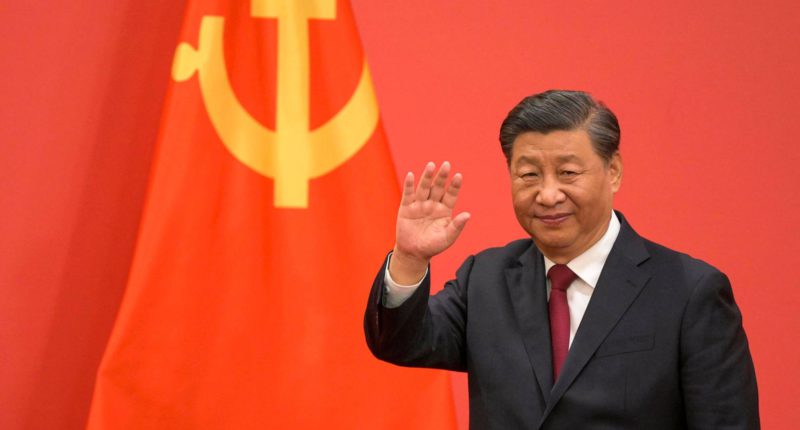The leader of the Chinese Communist Party and two-term president of China, Xi Jinping, has at a weeklong party congress session secured an extension of his administration to a third term. The Congress also saw several of President Xi closest allies and proteges attaining new positions.
At the twice a decade meeting, key communist leaders, including Wang Yang and Premier Li Keqiang, China’s second-highest ranking leader, both retired despites being eligible for another five-year term.
Why it matters
Following his re-election on Sunday, President Xi Jinping has become the first leader since Mao Zedong (1943 – 1976) to rule the country for three tenures. Reports have hinted that President Xi Jinping could tow the path of an autocratic government as the 10 years ruler continues his administration for another five-year term.
- President Xi Jinping, 69-year-old, has exceeded the informal practice of retiring at 68.
The big picture
Many are concerned that the unusual adoption of a third term may be early signs that President Xi might be on a lifelong course: a model of government similar to that of Mao Zedong, a known Chinese dictator. President Xi’s re-election could also signify a continuation of the international economic rivalry with the US.
Few things President Xi administration has taught us
President Xi Jinping ascended in 2012 when China’s Gross Domestic Product (GDP) had just bettered Japan’s. And its naval strength was significantly lower than Japan’s. Today, China stands toe-to-toe in the US.
President Xi has also greatly tightened the country’s grip on foreign policy, international economic interaction, and increasingly closing China off from Western and liberal ideas.
The Xi-led administration is also increasing control over the media and the internet, restricting the operations of nongovernmental organizations, cracking down on the democracy movement in Hong Kong, amongst others.
Although President Xi has encouraged diplomats to be modest in order to build a better communication line with European countries and other nations, the Taiwan saga is doing more damage.

